Duration
16D/15NTrek Difficulty
DifficultHighest Altitude
6387 mtsBest Time
May to June and Sep to OctPrice
98000/-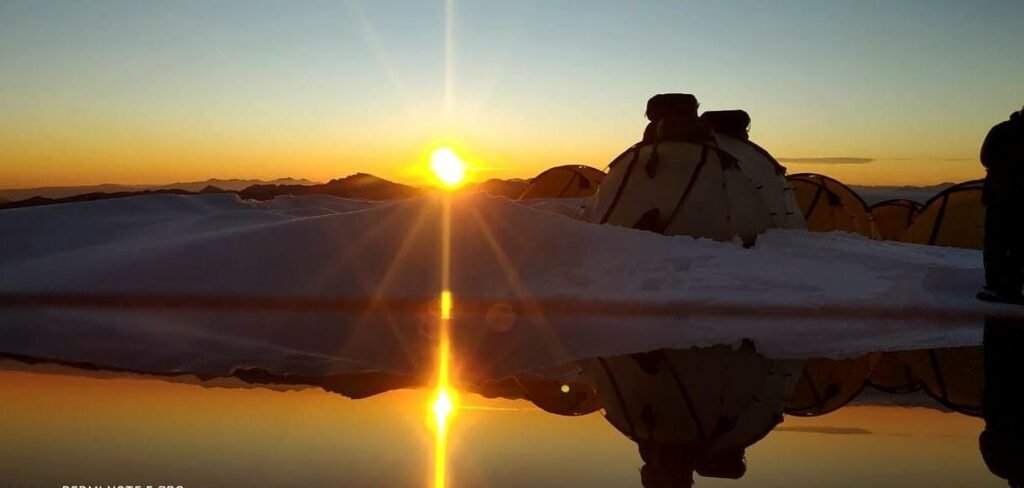
Expedition, Summer Season, Uttarakhand
BLACK PEAK
Details
Black Peak (Kalanag) is a formidable mountain in the Garhwal Himalayas of Uttarakhand, India, known for its challenging ascent, rugged terrain, and stunning panoramic views. Climbers are drawn to its dark, jagged summit ridge, resembling a cobra's hood, while trekkers can explore the surrounding pristine landscapes and alpine beauty.
Make Your Way to Sankri
Arrival in Sankri: Travel from Dehradun or another starting point to Sankri, a quaint village that serves as the base camp for several treks in the Uttarkashi district of Uttarakhand. The journey introduces you to the scenic beauty of the region.
Preparation: Use this day to acclimatize and prepare for the trek ahead. Explore Sankri, interact with locals, and enjoy the serene environment.
Sankri to Seema
Trek to Taluka: Begin your trek from Sankri to Taluka, enjoying the lush landscapes and the flowing Supin River.
Continue to Seema: From Taluka, trek towards Seema, a small hamlet offering picturesque views and camping sites.
Camp in Seema: Set up camp in Seema for the night. This area serves as a crucial stopover for trekkers heading deeper into the mountains.
Seema to Ruinsara Tal
Trek to Ruinsara Tal: Depart from Seema, heading towards Ruinsara Tal. The trek takes you through beautiful forests and meadows, offering stunning views of the Swargarohini Range.
Explore Ruinsara Tal: Spend the afternoon exploring the serene Ruinsara Tal, a high-altitude lake known for its tranquil beauty.
Camp by the Lake: Set up camp near Ruinsara Tal for the night, enjoying the peaceful atmosphere and the starlit sky.
Ruinsara Tal to Kyarkoti Base Camp
Ascend to Kyarkoti: Trek from Ruinsara Tal to Kyarkoti Base Camp, navigating through alpine meadows and witnessing the majestic Himalayan peaks.
Setup Base Camp: Arrive at Kyarkoti Base Camp, your home for the next several days. Prepare your campsite and get ready for the expedition phase.
Rest and Acclimatization at Basecamp
Acclimatization: Spend the day resting and acclimatizing at the base camp. Engage in short walks around the camp to adjust to the altitude.
Preparation for Expedition: Check your equipment and discuss the expedition plan with your team. This is a crucial day for planning and ensuring everyone's readiness for the challenge ahead.
Expedition
Expedition Phase: This period is dedicated to the main expedition. Depending on your objective, this could involve climbing a peak, exploring the surrounding mountains, or undertaking specific treks in the region. Each day will bring new challenges and experiences as you navigate through the Himalayas.
Teamwork and Adaptability: Work closely with your team, adapting to changing conditions and supporting each other through the expedition.
Depart from Sankri
Return to Sankri: After completing the expedition, trek back to Sankri. This is a time to reflect on your achievements and the experiences shared with your team.
Celebration: Spend the evening in Sankri celebrating the successful completion of your expedition. It's an opportunity to share stories, exchange photographs, and relax.
Reserve Day
Flexibility: This reserve day is planned to accommodate any delays or extended time needed during the expedition phase. It ensures that the trek and expedition can be completed safely without rushing.
Return Journey: If not used as a reserve day, begin your journey back to Dehradun or onward to your next destination, carrying with you memories of a challenging yet rewarding Himalayan adventure.
Terms and Conditions
- Carry valid id card i.e. Aadhar Card/Passport/Driving Licence.
- Modification or Amendment is accepted in compliance with the cancellation policy. Any changes in tax must be paid by the guest.
- Any changes in tax must be paid by the guest.
- Hike2Heaven reserves the right to cancel the booking if the balance amount is not paid at the time of arrival.
- Guaranteed bookings are those for which the full and final payments have been received before start of Trek.
- 30% of the payment must be done at the time of booking.
- The remaining 70% of the payment must be cleared before arrival as it is required to arrange stay, food, and other equipment for the trek.
- Full payment must be made in advance to confirm bookings and can be done in Cash/UPI/Bank account only.
- Personal cheques and post-dated cheques are not acceptable.
- Payments can be deposited using bank details, online payment, Gpay, Phonepe, Paytm.
- A scan or fax copy of the bank-stamped deposit Pay-in slip or a screenshot of the transaction is required for online transfers.
Cancellation Policy
| Number of Days prior to Trek | Cancellation Charges applicable |
| 30 Days before | 10% |
| 8-29 Days before | 30% |
| 7 Days before/ No show | No refund |
Note: - Contact us in case of change of dates/trek
Trek Cost Inclusion
- Accommodation: - Stay is included on all days of the trek. In tents/guest house double/triple sharing only. Guesthouse stay will be at base of Trek and on other days you will be staying in tents.
- Meals: - Meals are simple, nutritious, and vegetarian.
Day Meal included Day-1 of base camp arrival Dinner & Breakfast next morning Next Days on Trek Breakfast, Packed lunch & Dinner Final Day at Base camp for Departure Dinner & Breakfast next morning - Non-veg meals are not served.
- Trek Equipment: - All the trek equipment will be included like a sleeping bag, Camping Tent, kitchen tent, utensils, mattress, tent, toilet tent, and crampon (if needed).
- Transportation: - Transportation charges are included if opted for.
- First aid medical kits.
- All the needed forest entry fees along with permits.
- Your trek will be led by a trained, experienced professional guides and trek leaders with a solid guiding background, trekking experience, and a passion for leading people into breathtaking terrains.
Trek Cost Exclusion
- All kinds of personal expenditures are excluded.
- Anything that we have not mentioned above.
- The trek cost is not inclusive of meals bought during the journey on 1st day and last day. (Food starts from dinner at base camp on day first till last day morning breakfast).
- Mules or porter charges to carry private baggage.
- Any kind of emergency evacuation charges.
Packing List
Things you must take on the trek
- DOCUMENTS REQUIRED
- VITAL GEAR KIT
- PERSONAL MEDICAL/HEALTH KIT
1.DOCUMENTS REQUIRED: -
To ensure a smooth and hassle-free trekking experience with Hike2Heaven, make sure you have the following documents ready. These documents are required by both Hike2Heaven and the forest department, and without them, you will not be permitted to trek.
1.Government Photo Identity Card: Carry the original and a photocopy of a government- issued photo identity card. This can include a driver’s license, Aadhar Card, or passport. The forest department requires this for identification purposes.
2. Disclaimer Certificate: The disclaimer certificate consists of two sections:
•Personal Medical Record if anyDuring registration at the base camp, hand it over to your Trek Leader.
Pro Tips:. Safeguard your important documents by placing them in a clear plastic cover and sliding them into the inner pocket at the back of your backpack. This precaution prevents them from getting wet and ensures their safety throughout the trek.
Having these documents in order ensures a smooth check-in process and allows you to focus on the adventure that lies ahead. Trek safely and enjoy your journey with Hike2Heaven!
2. VITAL GEAR KIT: -
Before making any gear purchases, consider inquiring at Hike2Heaven for custom-made, high- quality gear available at just 5% of the buying cost. Rent trekking essentials like shoes, backpacks, padded jackets, trekking poles, rainwear, and headlamps for less than Rs 1400 for the entire duration of your trek.
-
Here's a comprehensive list of everything you need for your trek:
- Trekking shoes with ankle support
- Backpack with rain cover
- Daypack for the summit day (10-15 L)
- 1 woollen sweater
- 1 fleece
- 1 padded jacket
- 1 woollen sweater
- 2 fleeces
- 1 padded jacket
- 1 pair of thermals
- 1 woollen sweater
- 2 fleeces
- 1 padded jacket
- Sunglasses
- Sun cap with flaps
- Waterproof gloves
- Balaclava
- Socks (2 pairs of Dry fit + 1 pair of Woollen)
- Headlamp
- Trekking pole
- Rain jacket + pants / poncho
- Sunscreen
- Moisturiser
- Light towel
- Lip balm or Vaseline
- Toilet paper
- Toothbrush
- Toothpaste
- Reusable plastic covers (for used clothes)
- Steel lunch box, spoon, and mug
- Two water bottles or Hydration Pack **Our top tip: Keep your backpack light. Hike2Heaven promotes low-impact sustainable trekking, and carrying your own backpack reduces your impact on the mountains by 20%. We encourage all trekkers to carry their own backpacks unless they have a justifiable reason not to. Trek responsibly and enjoy your adventure!
1. Shoes and Backpack:
2. Warm Layers and Clothes:
Spring, Summer, and Monsoon Treks (3 layers):
Autumn Treks (4 layers):
Winter Treks (5 layers):
3. 3 collared T-shirts (Wear one, carry two)
4. 2 quick-dry trek pants (Wear one, carry one)
5. Accessories:
6. Toiletries:
7. Cutlery:
3.PERSONAL MEDICAL/HEALTH KIT: -
Ensure you carry these medicines with you, easily accessible always. Remember not to take any medicine unless you have consulted your trek leader.
1. Diamox (1 Strip): An essential part of Live Saving Drugs, Diamox helps reduce the chances of Acute Mountain Sickness on the trek.
2. Dolo 650 (5 tablets): A paracetamol that tackles fever and mild pain.
3. Avomine (4 tablets): If you are prone to motion sickness, carry Avomine. Take one-half hour before the start of your road journey.
4. Combiflam (5 tablets): Useful for sudden twists or muscle strains. Combiflam is a pain reliever containing paracetamol.
5. Digene (4 tablets): Take it if you feel the food, you've consumed is undigested. Alert your trek leader immediately, as it could be a sign of AMS.
6. ORS (6 packs): Consume an ORS pack at least once a day, usually mid-day during your trek. It replenishes essential salts lost while trekking. Tip: It also makes cold water easier to drink.
7. Knee Brace (optional): Carry this if you are prone to knee injury or have known issues of knee pain.
Our trek leaders carry a high-altitude medical kit, including Life Saving Drugs, and are trained to handle emergencies. Contact your trek leader before consuming any of these medicines.






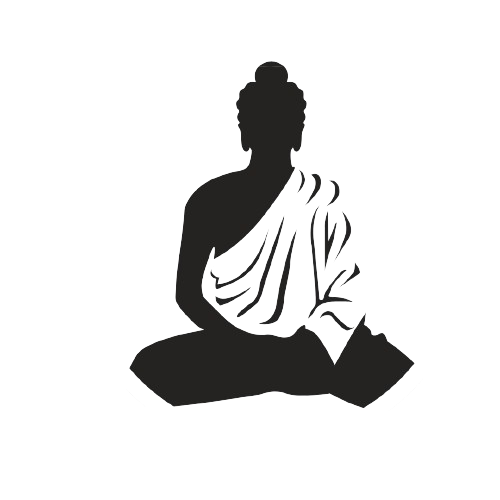

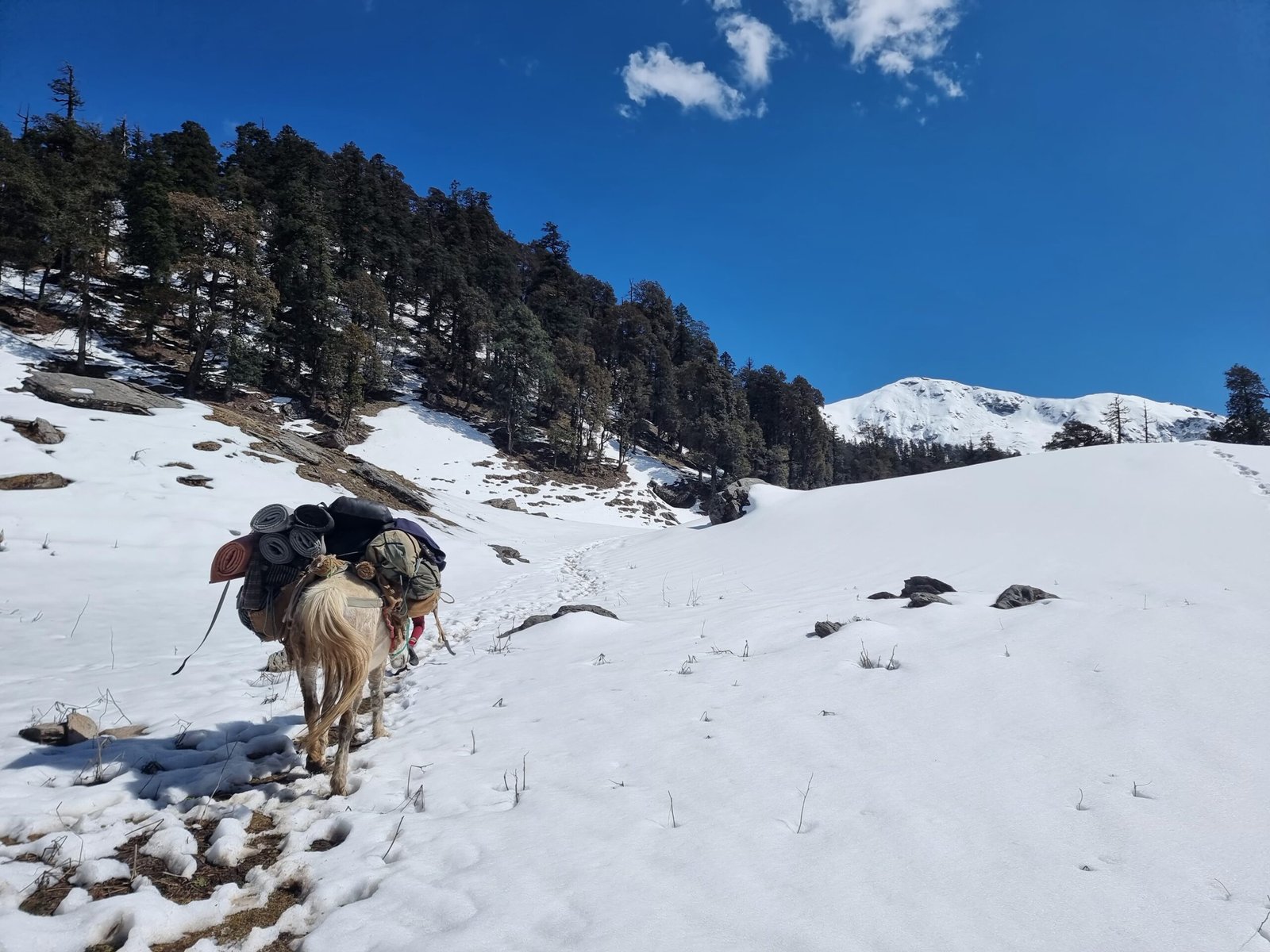
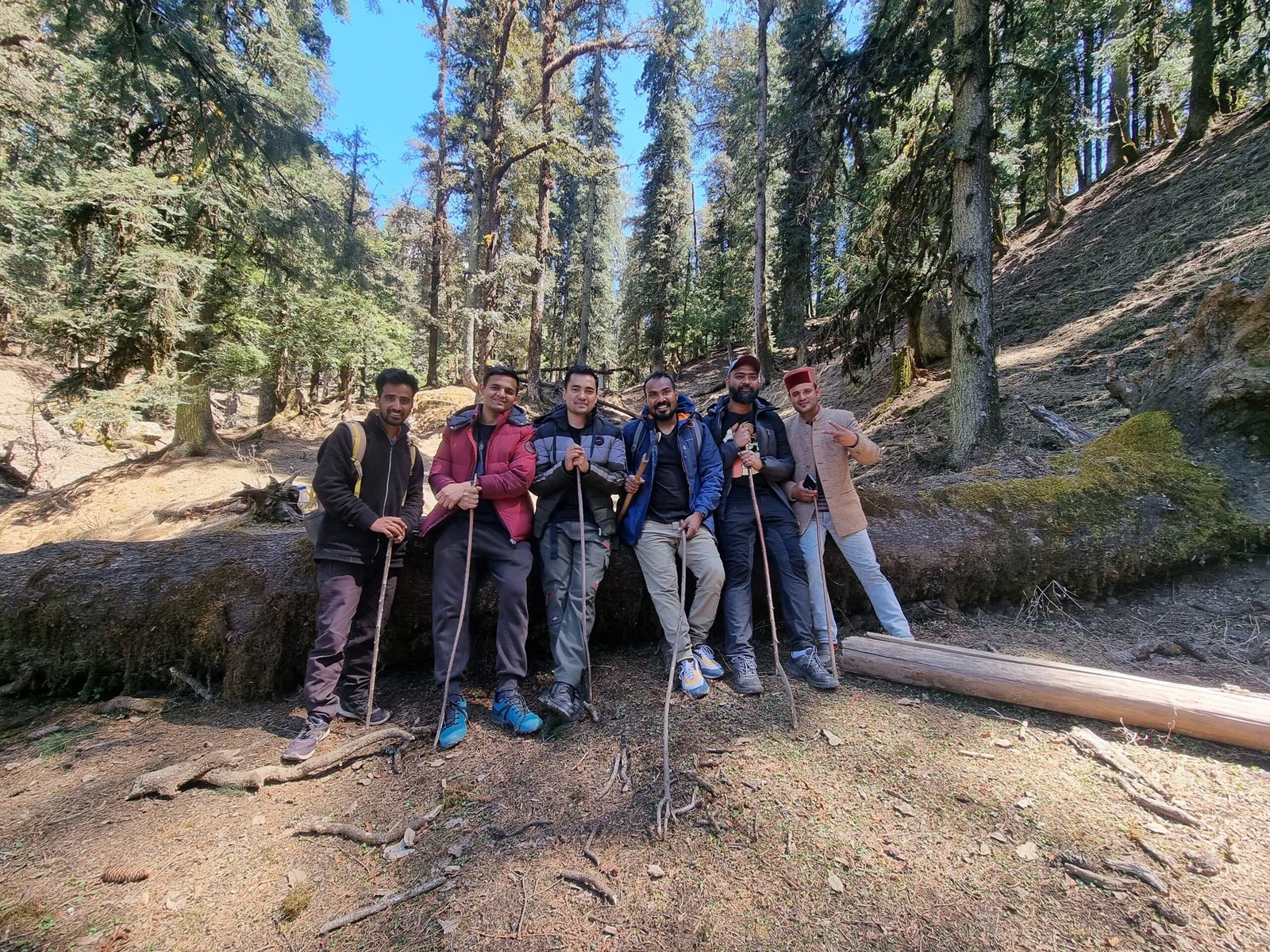
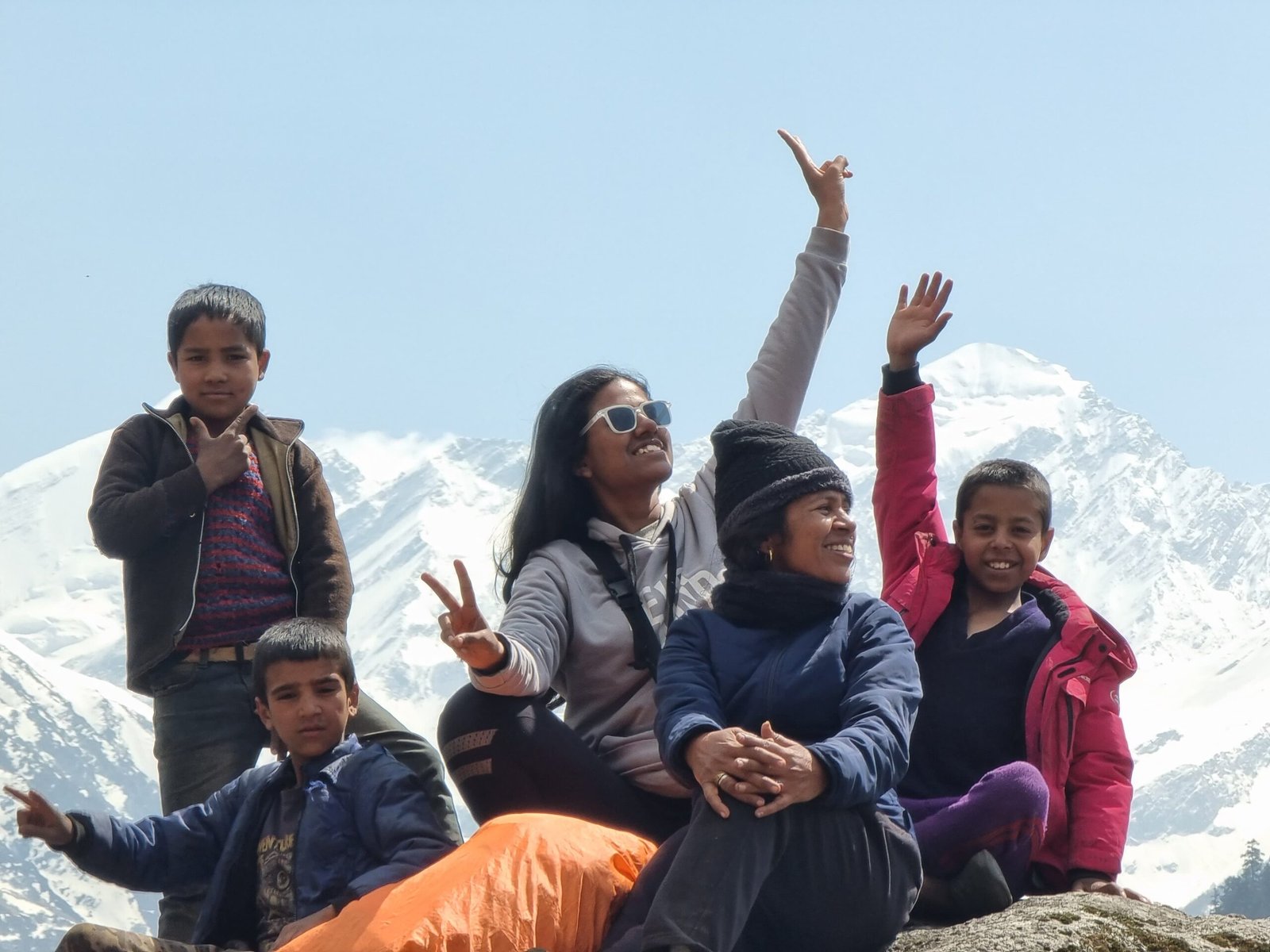
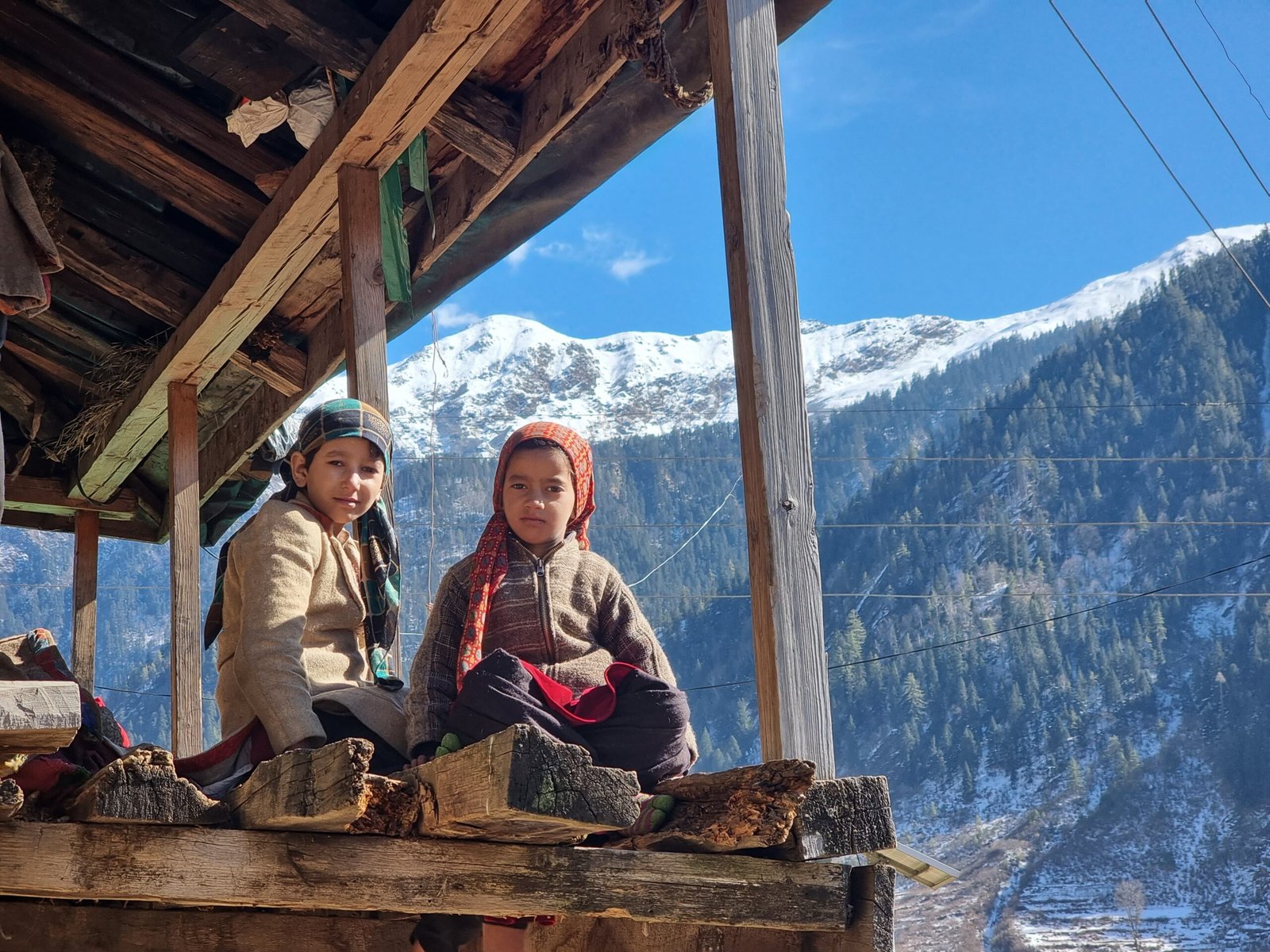
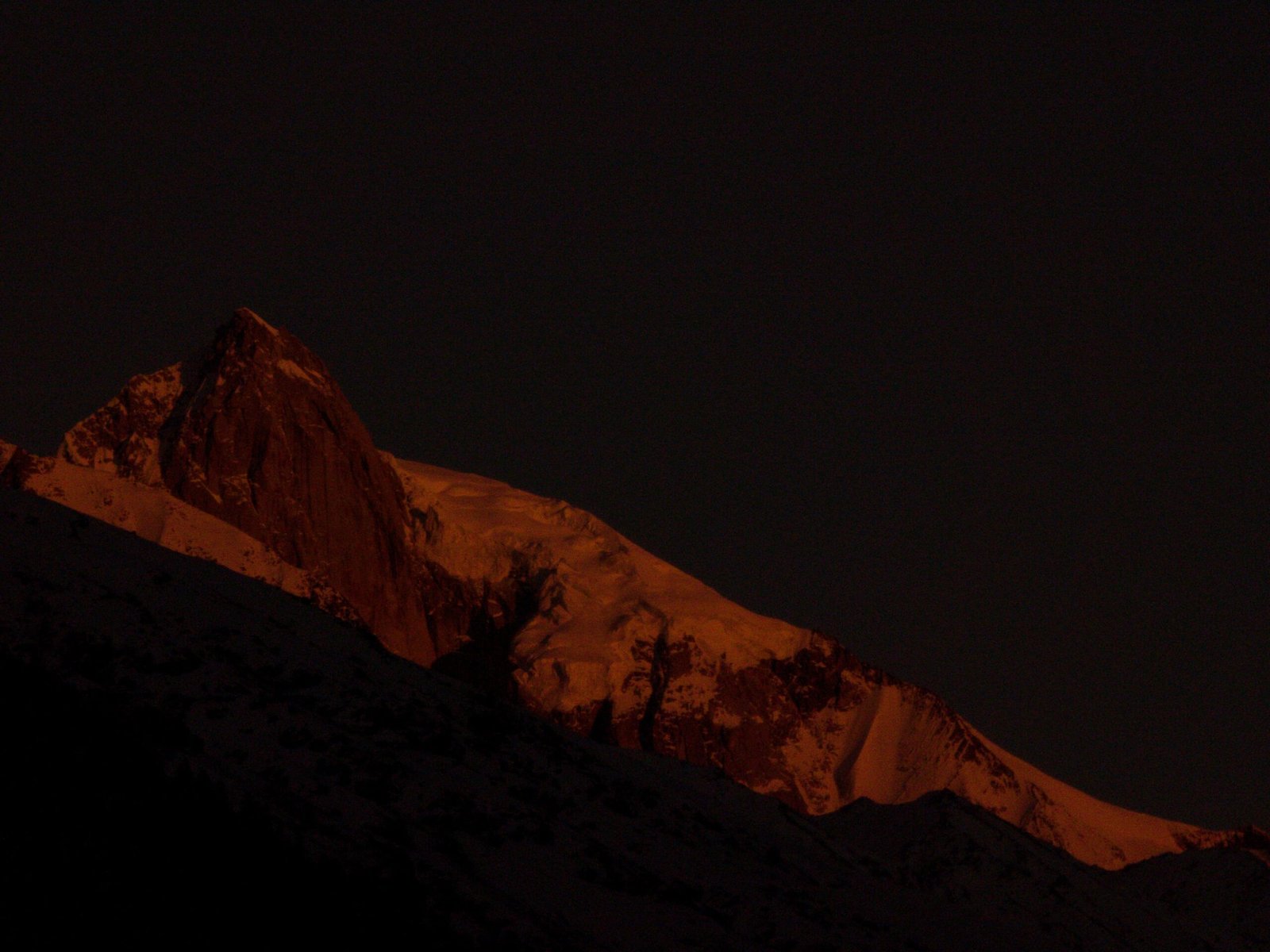
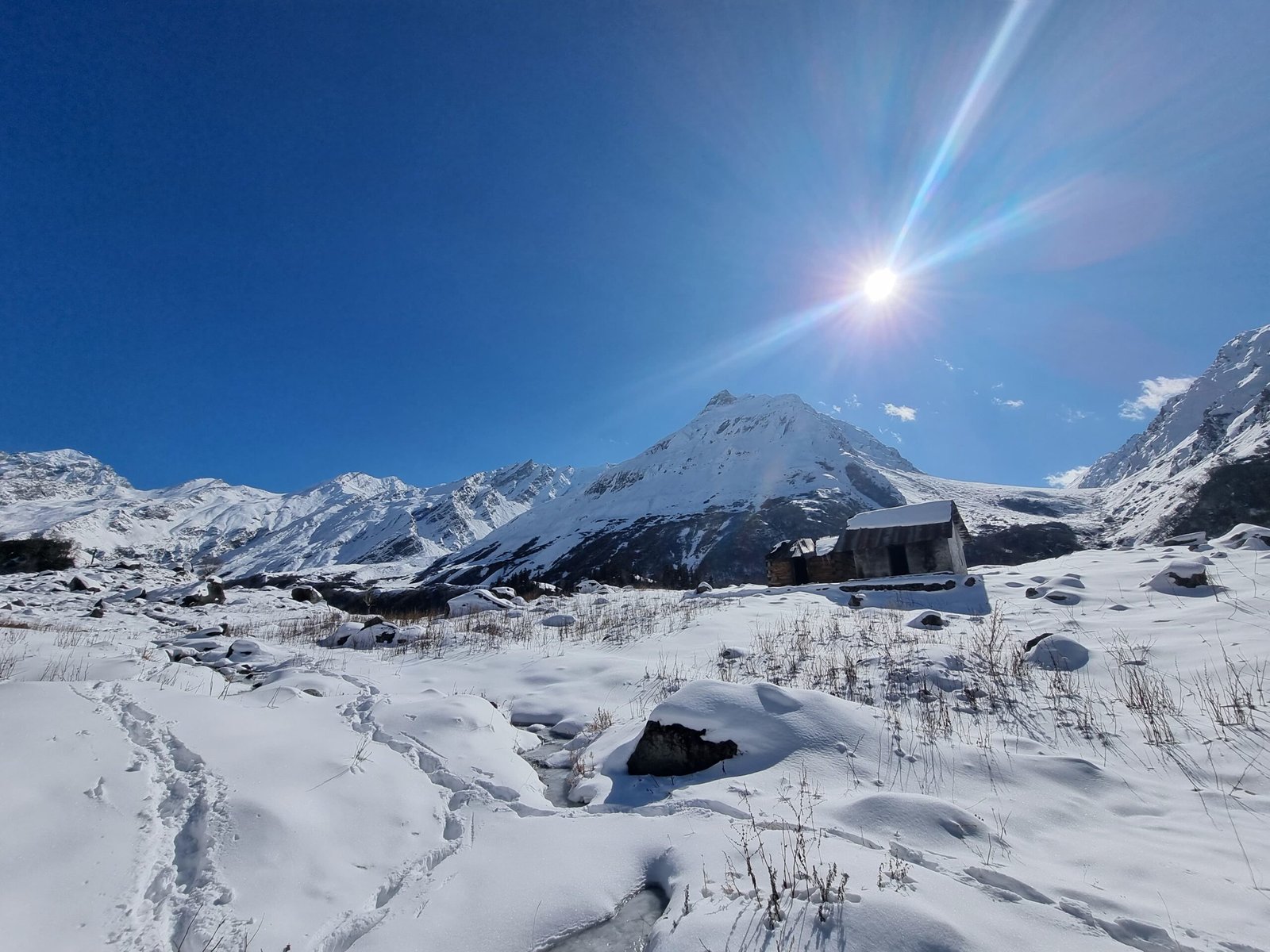
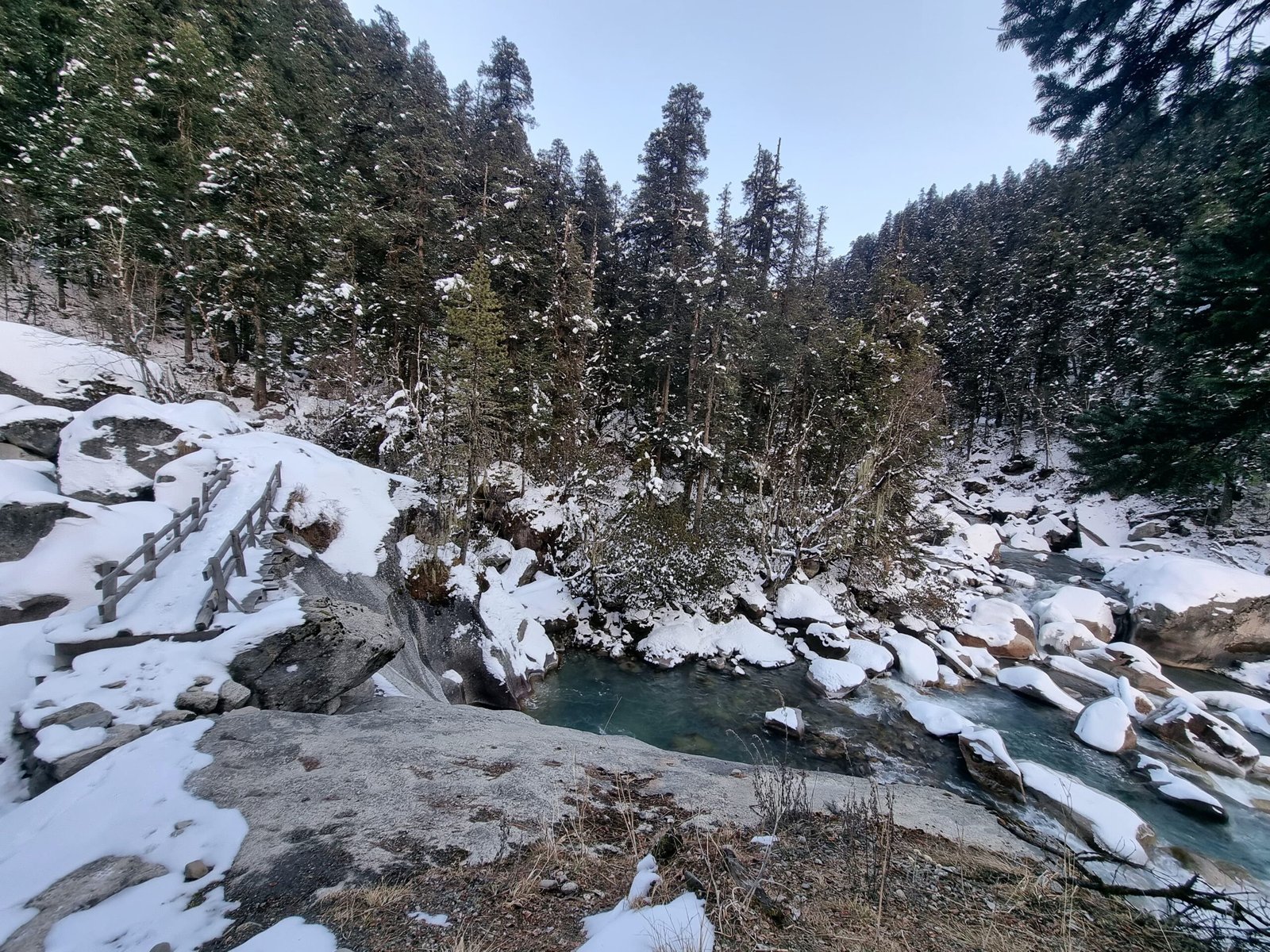
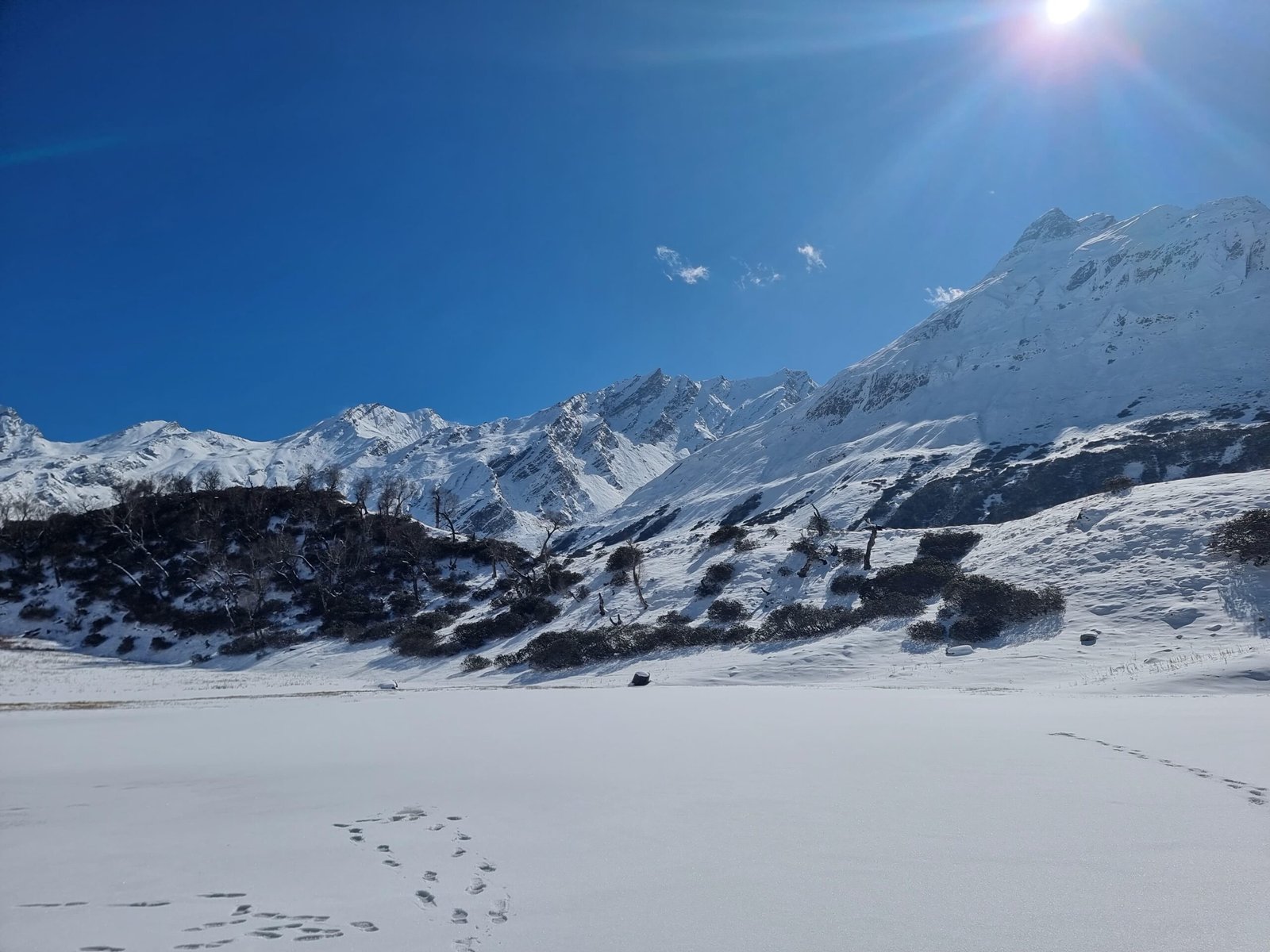
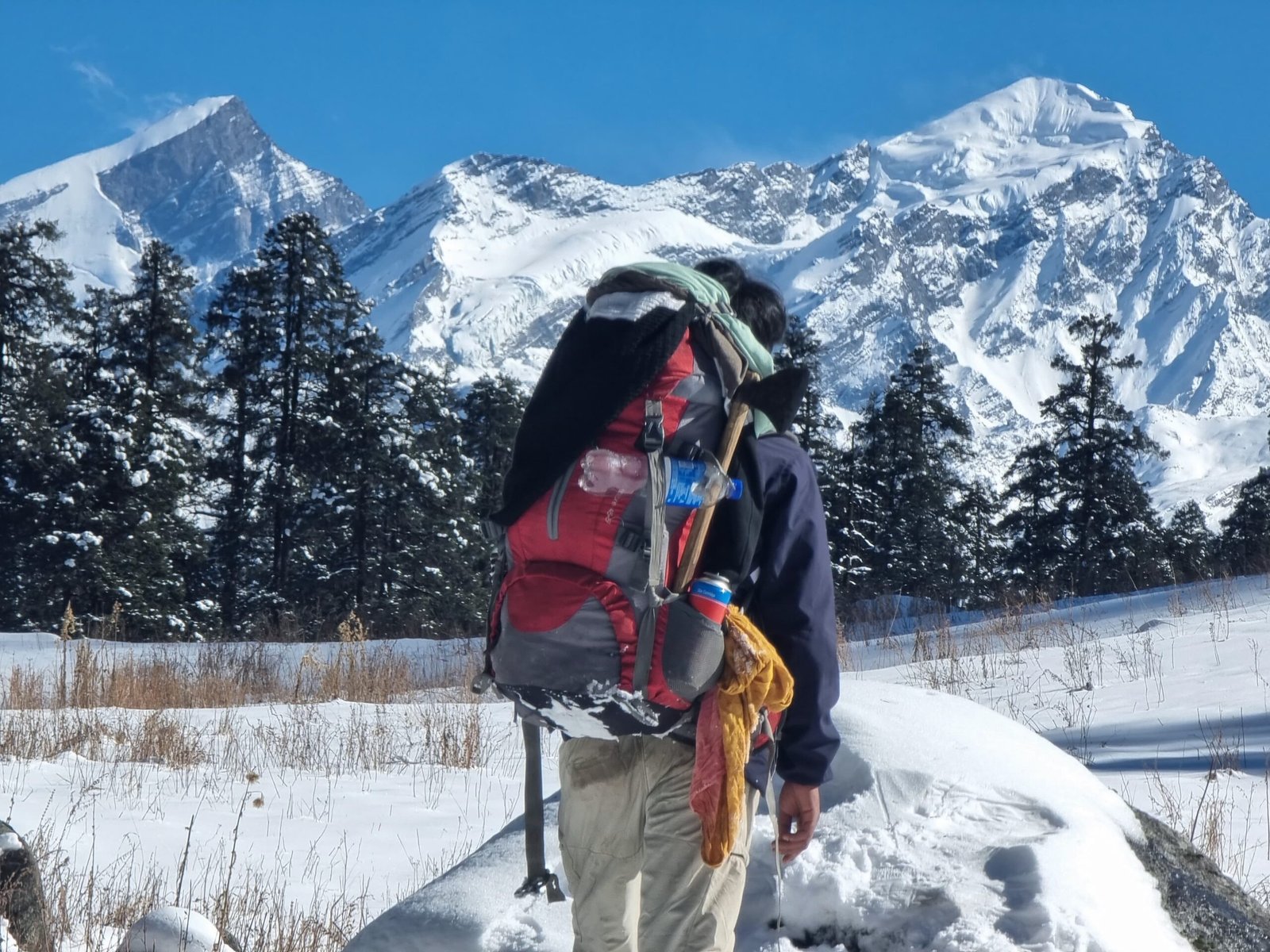
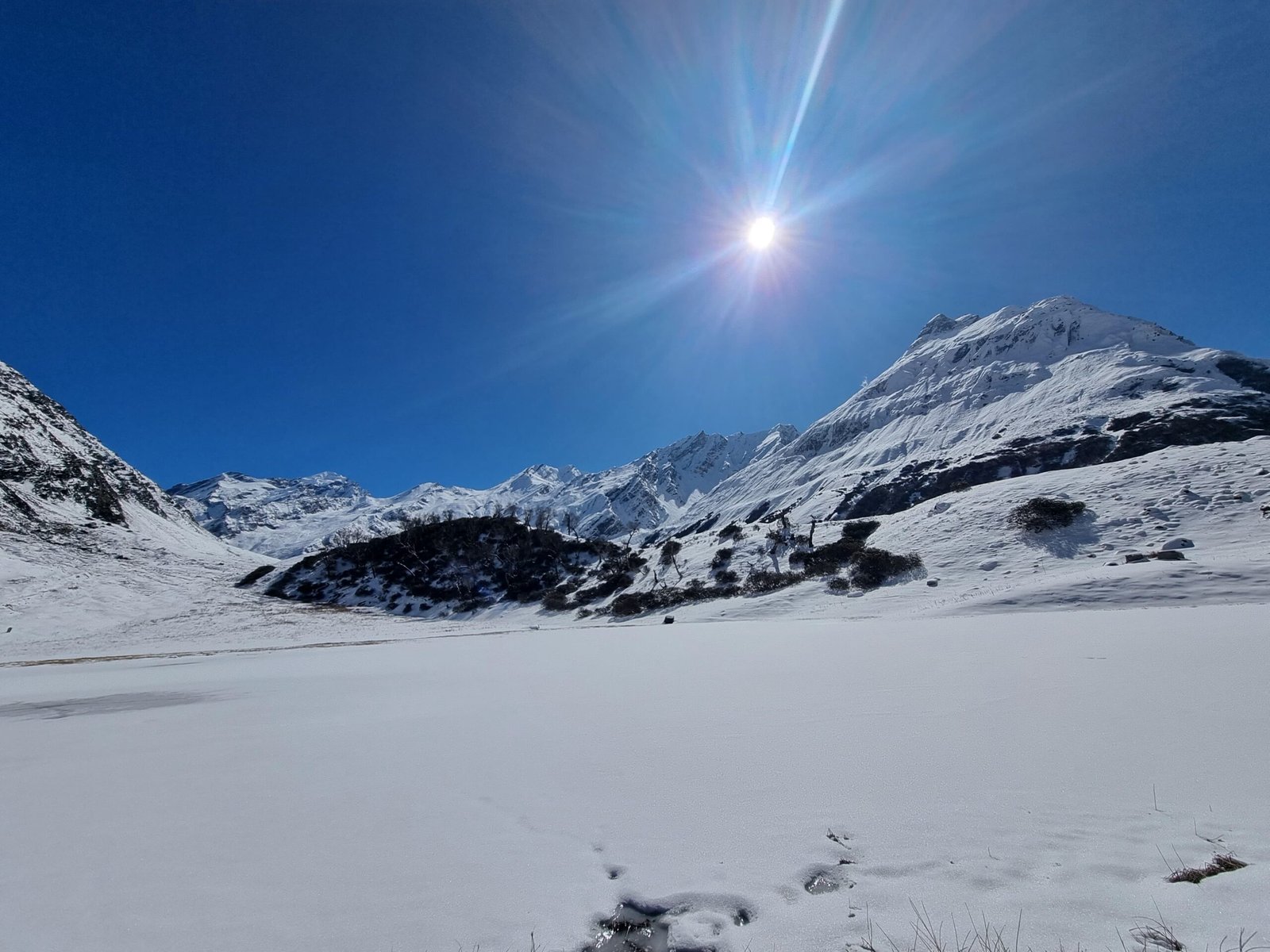
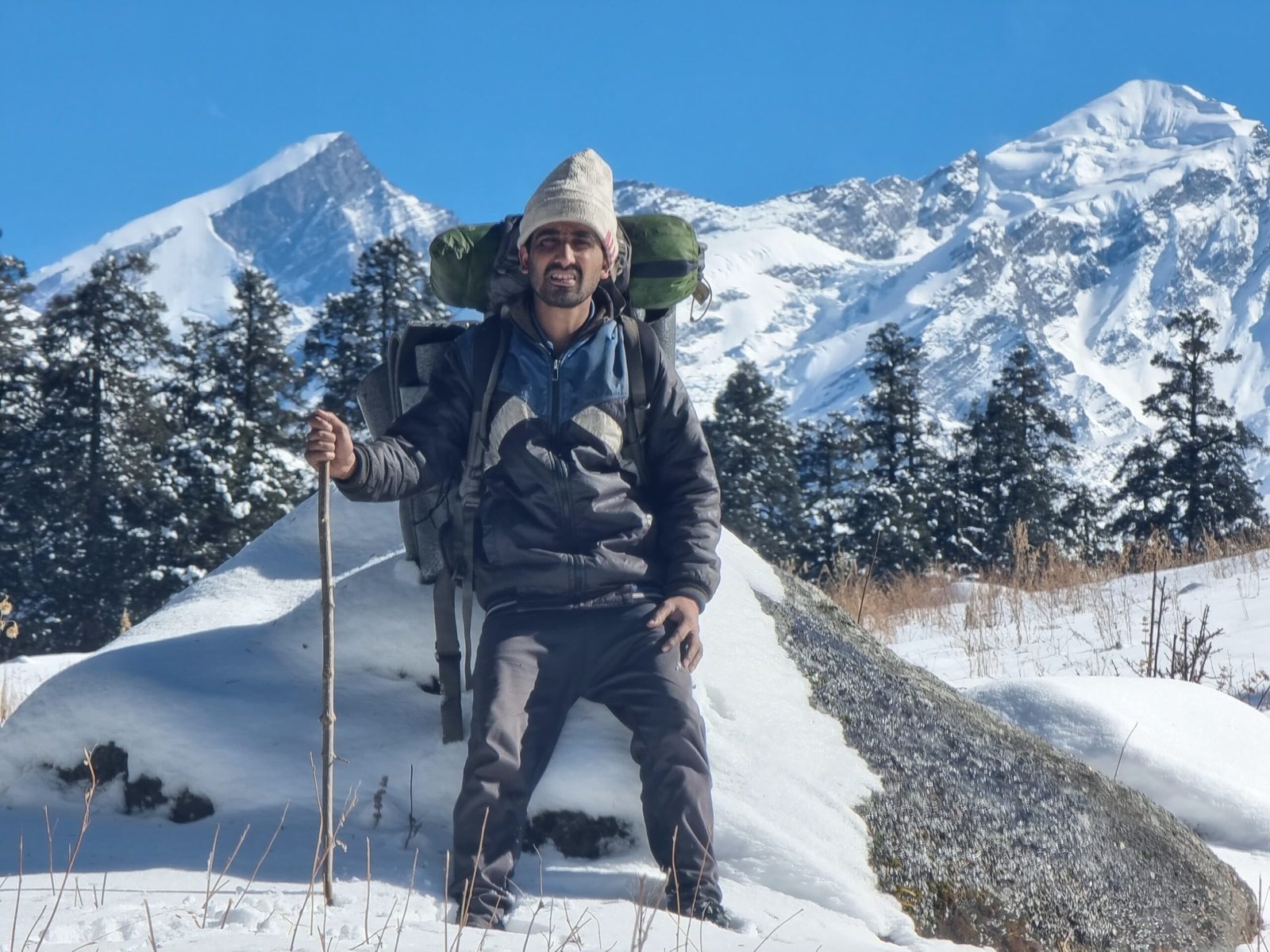
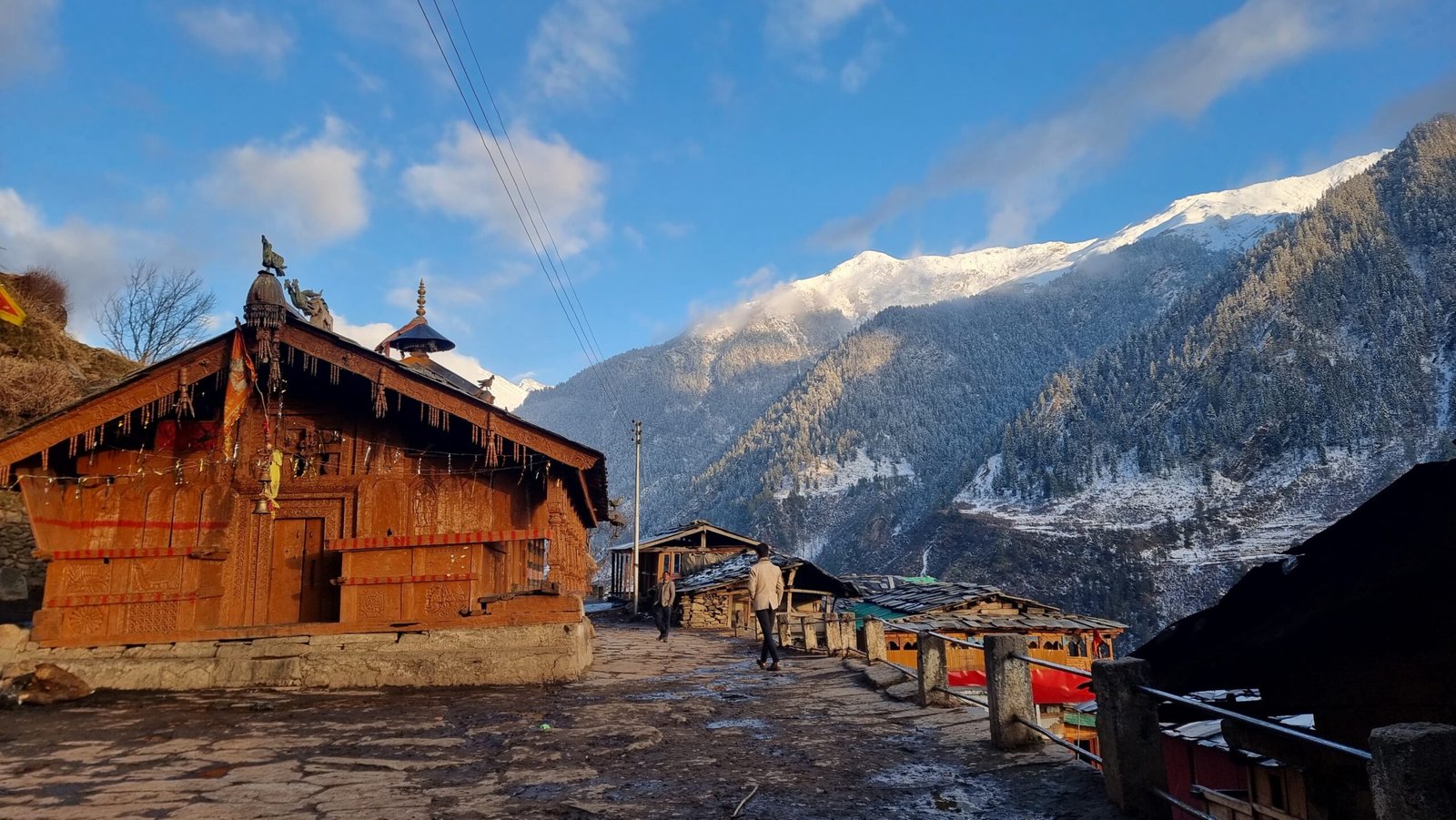
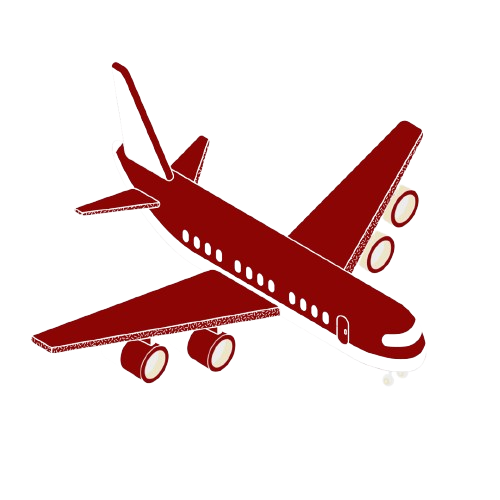


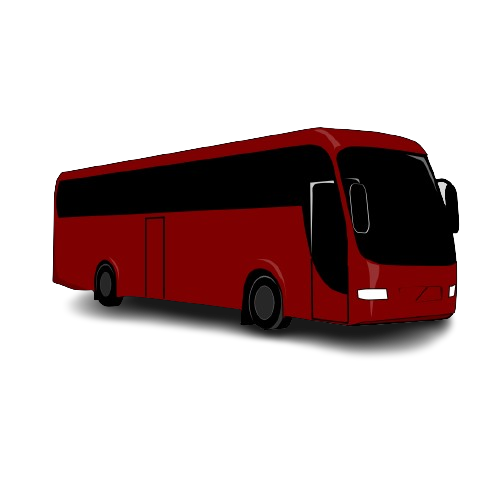
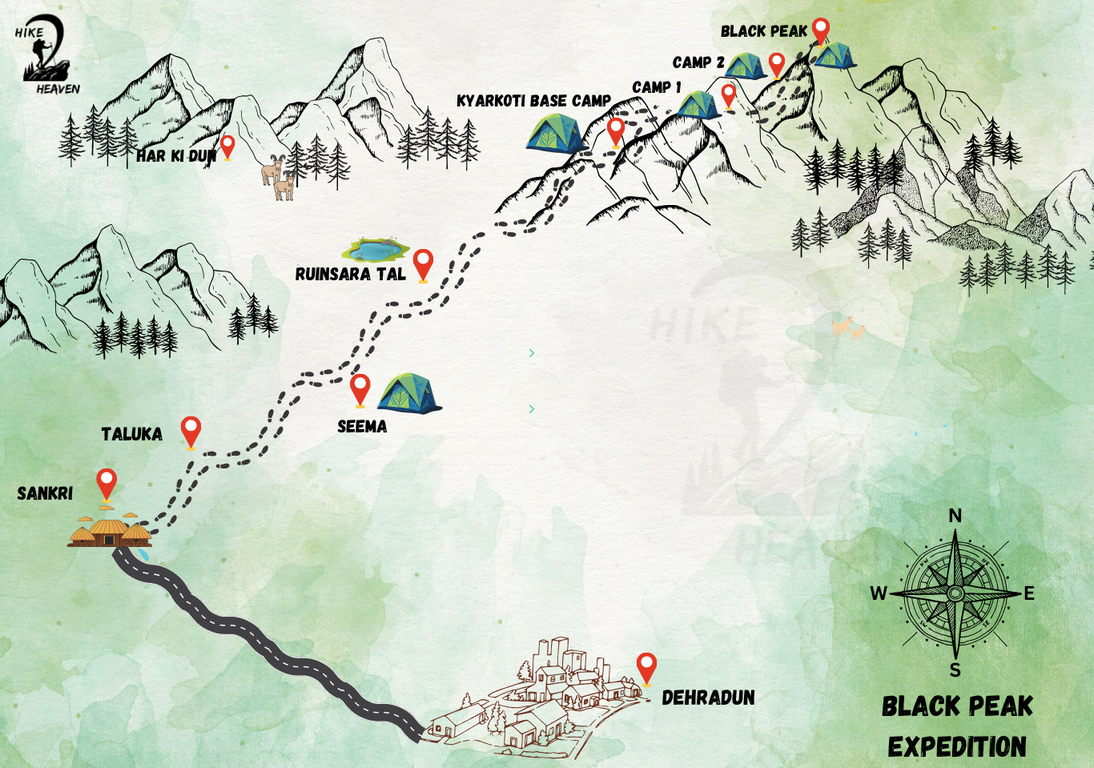
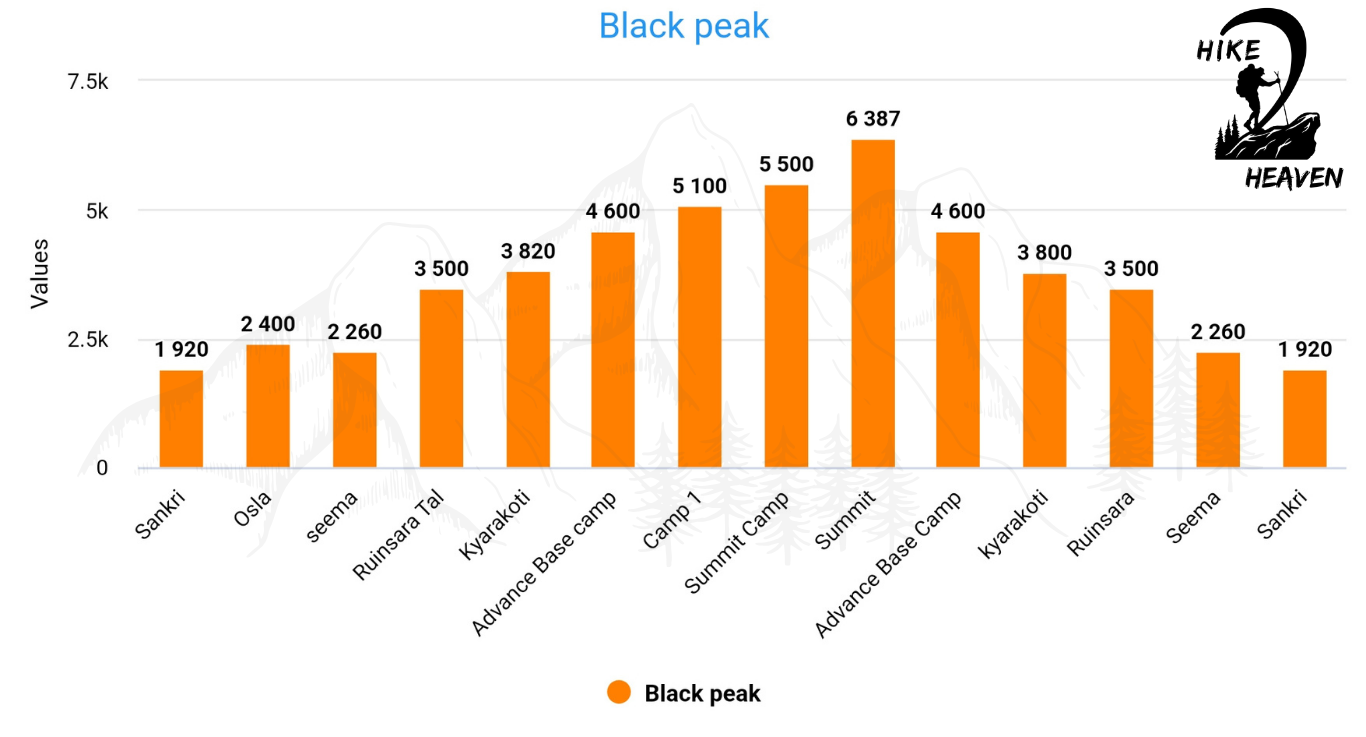
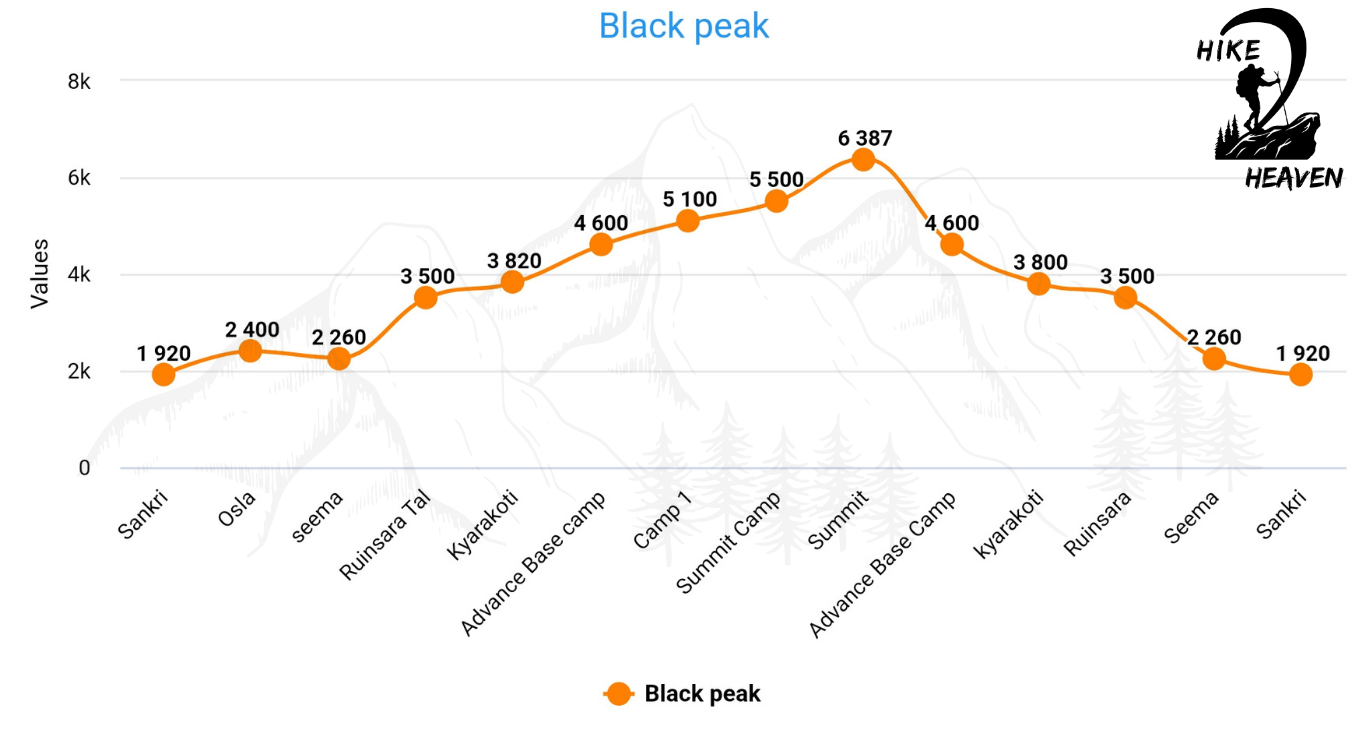

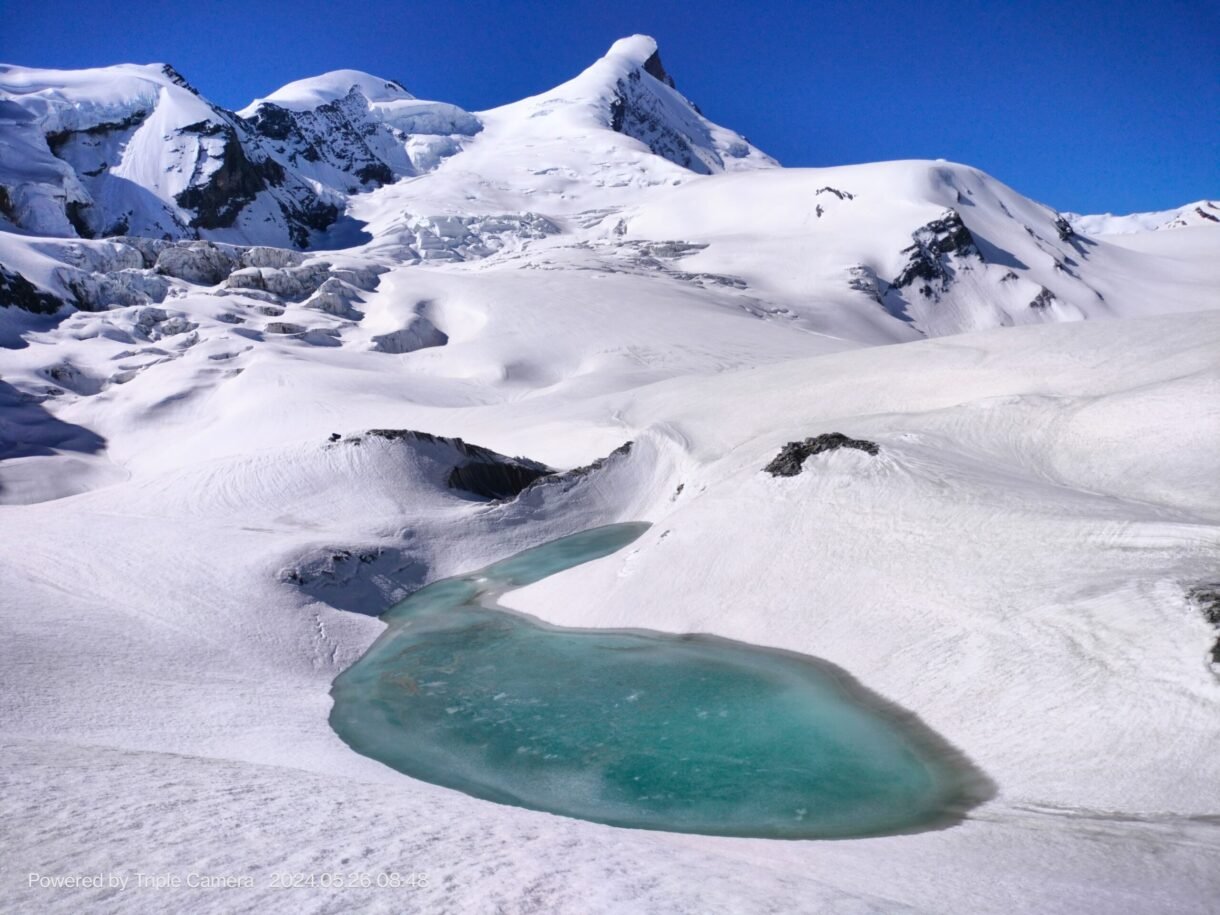


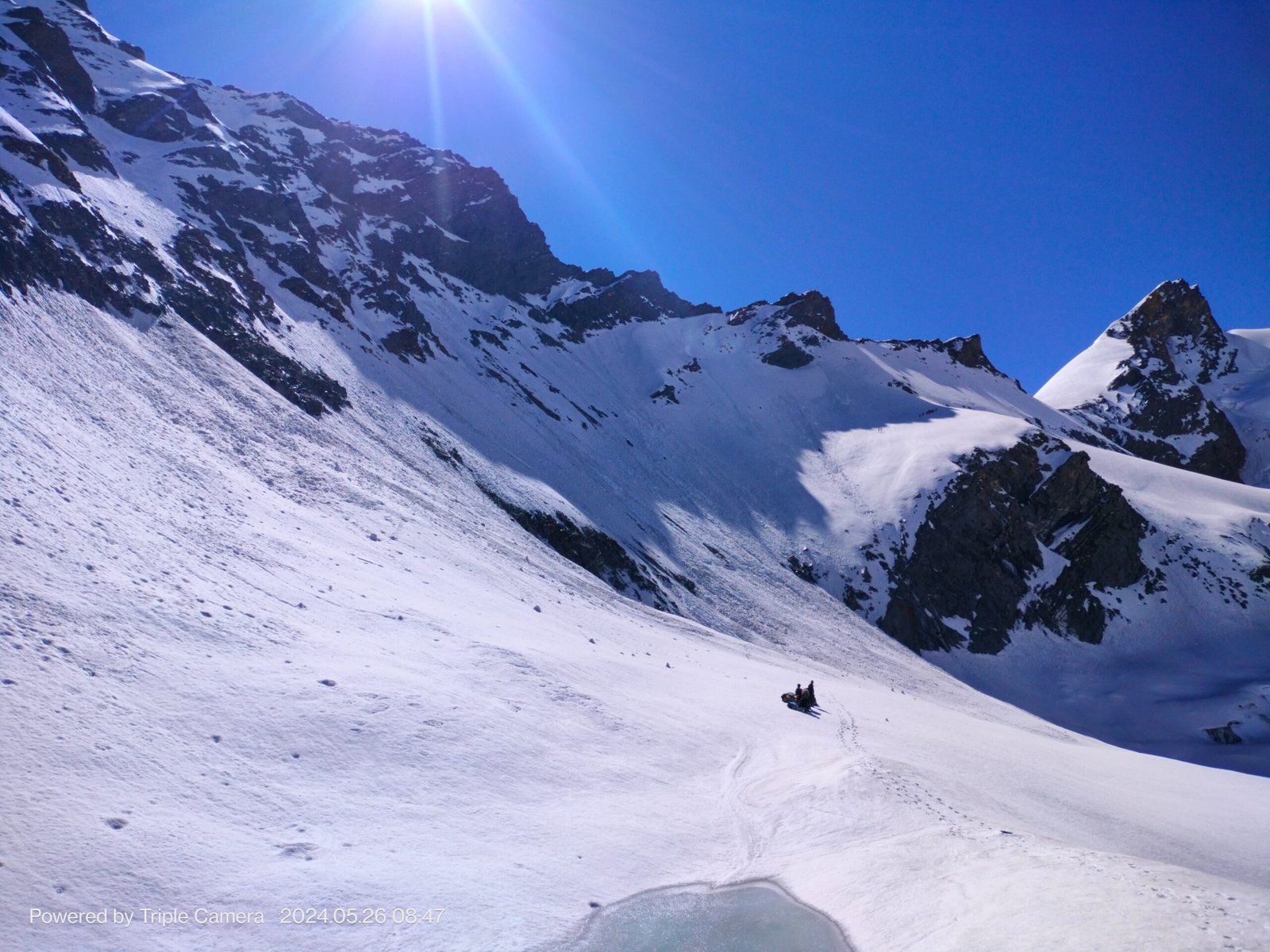



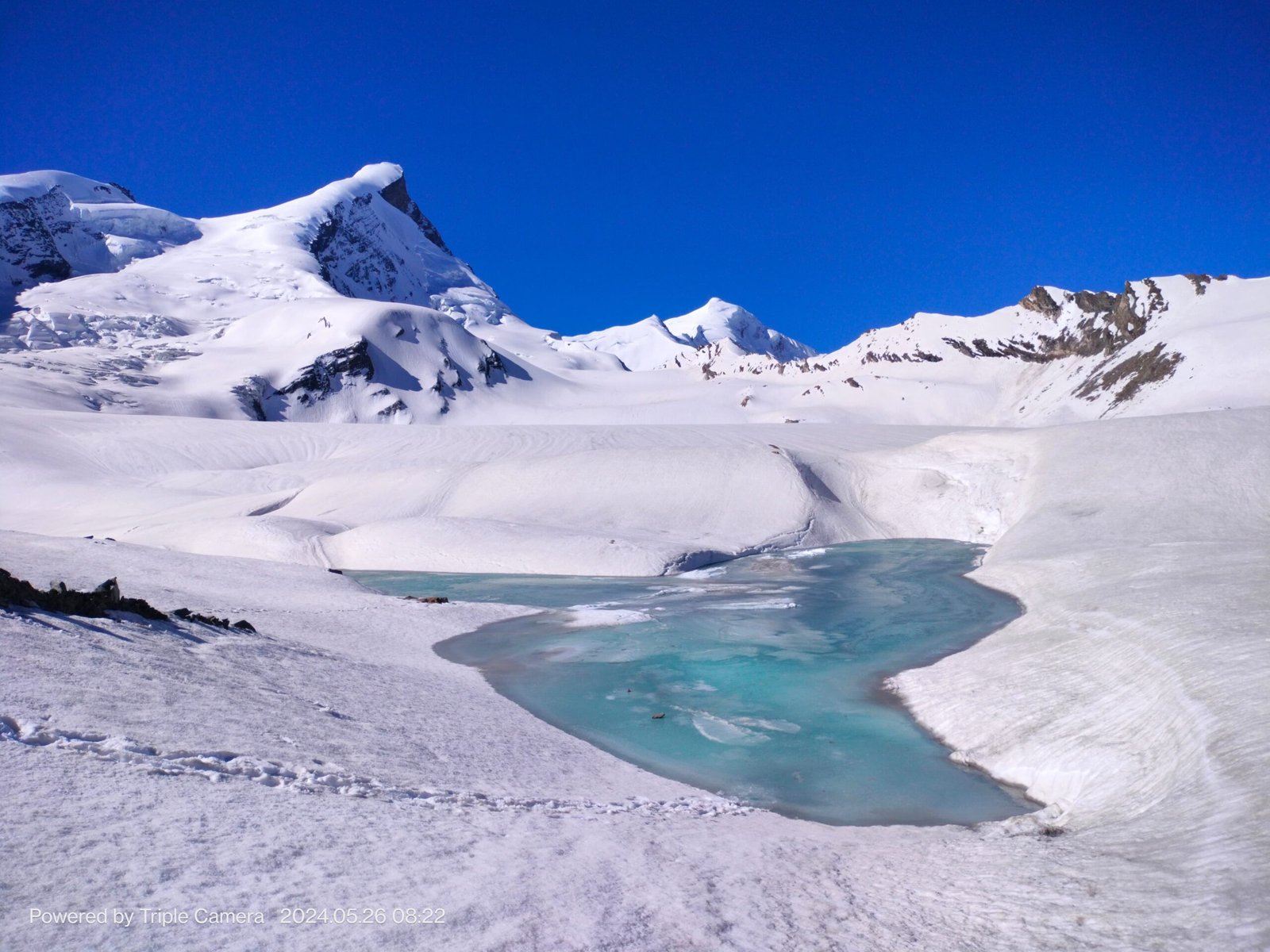
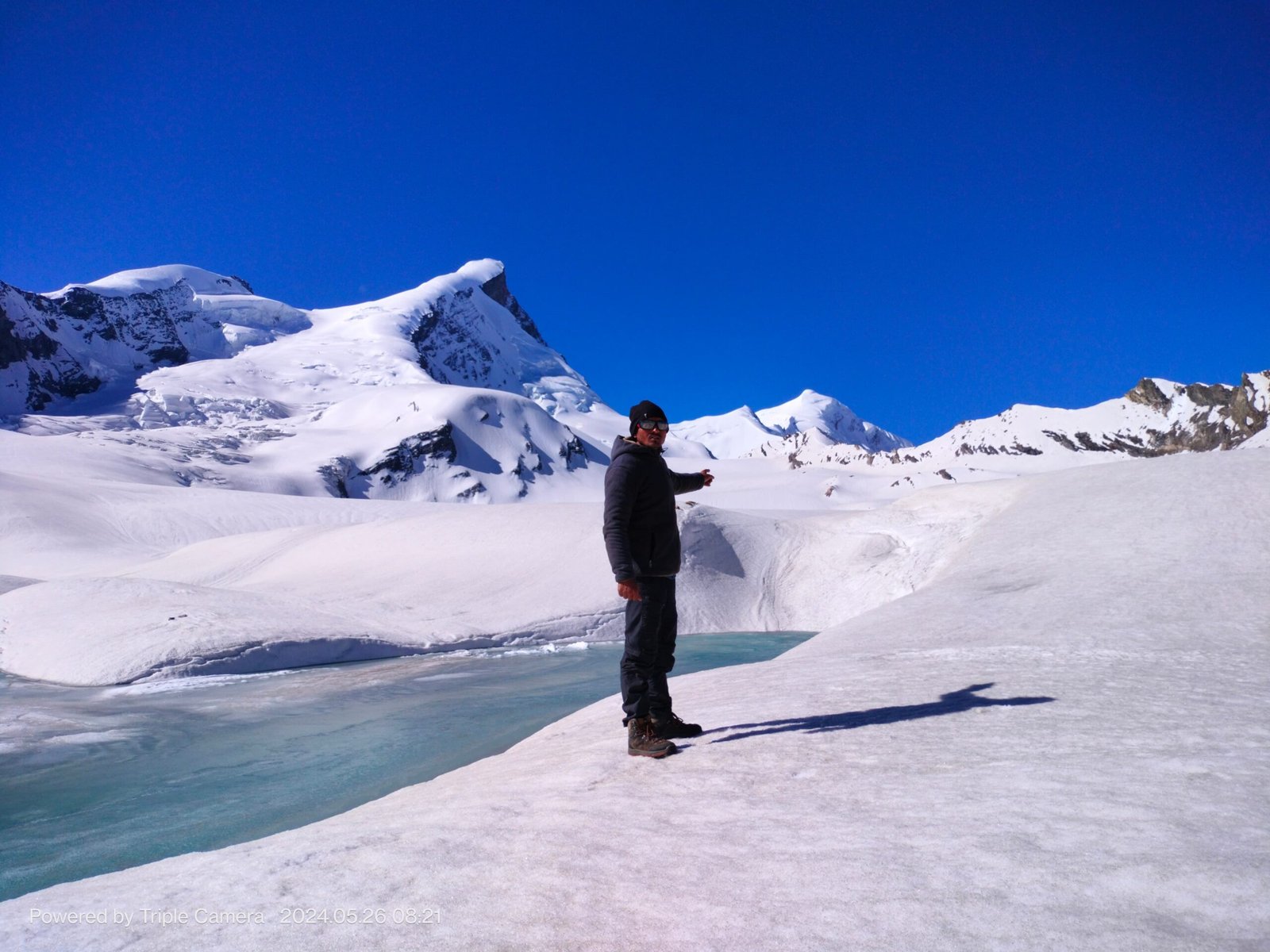
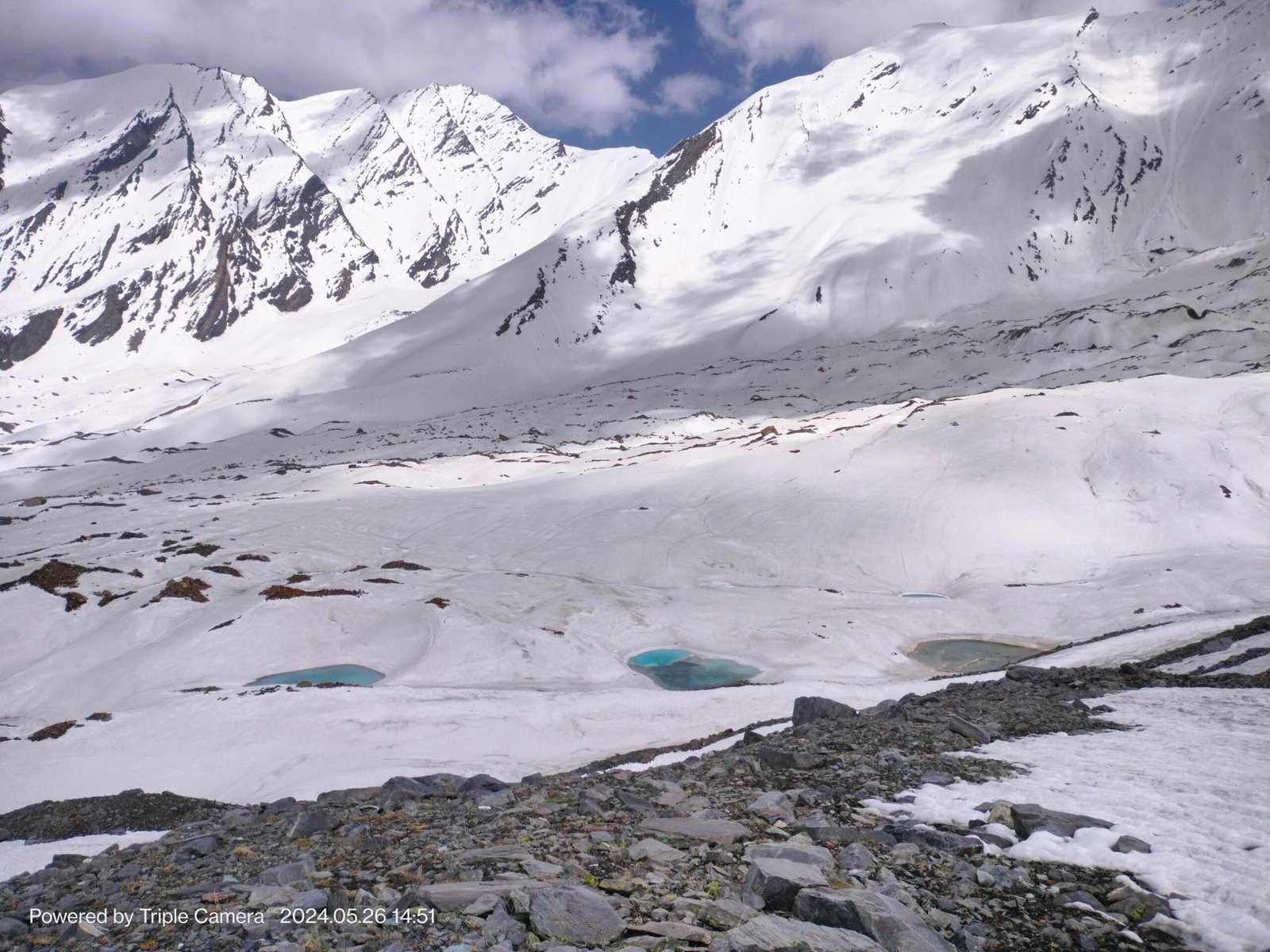
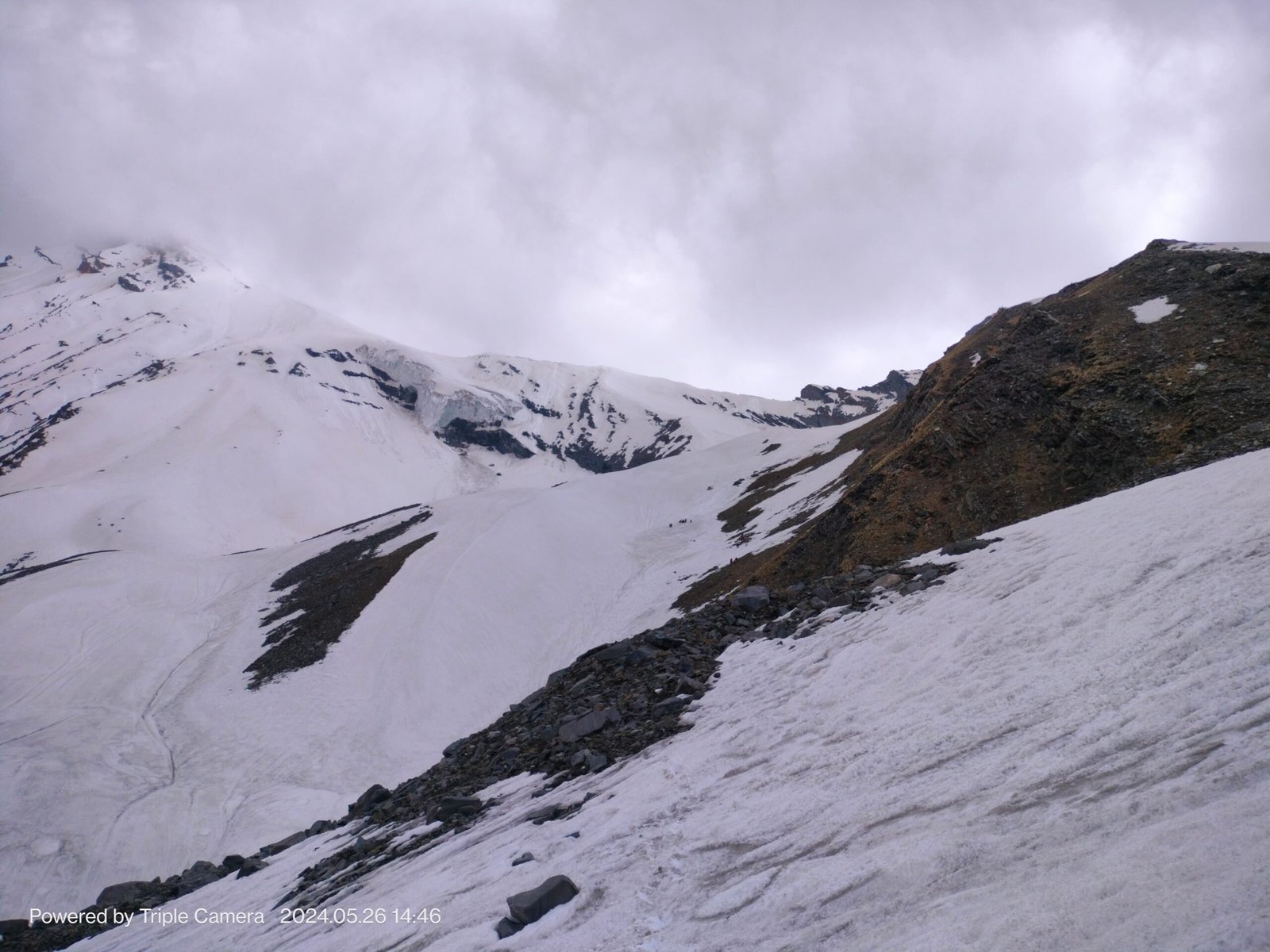





Write Your Review